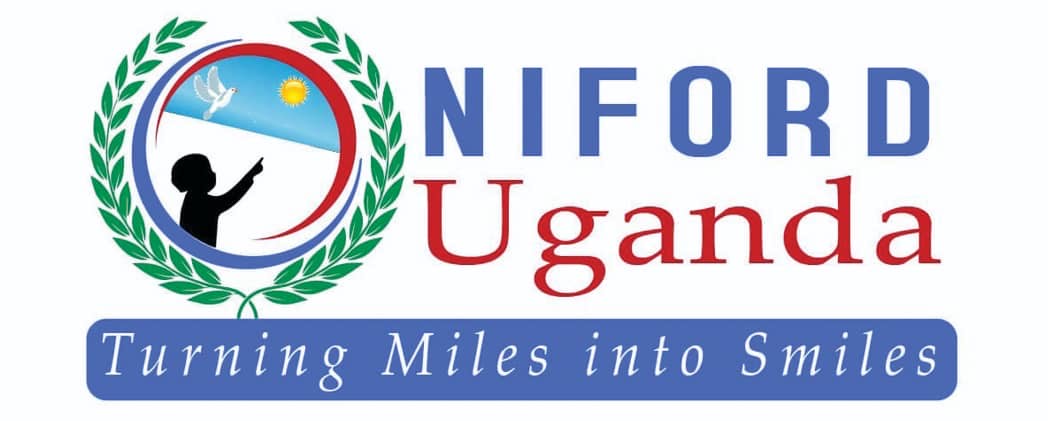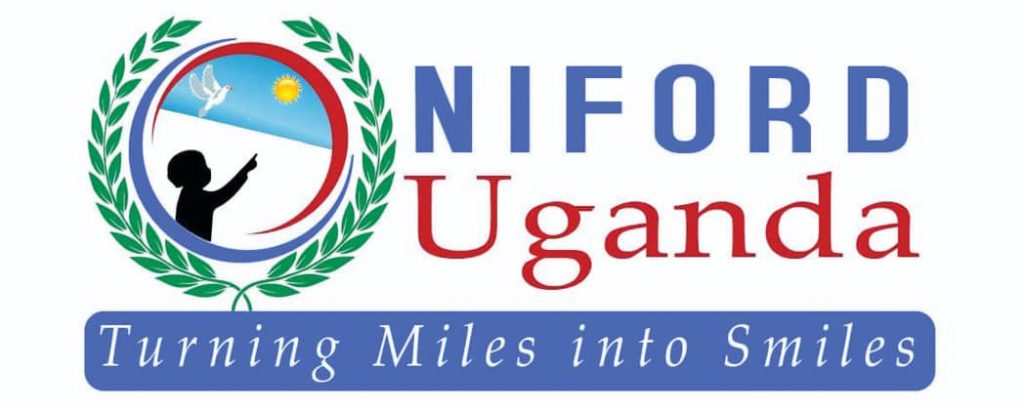Secured Infancy: Early Childhood
The program seeks to ensure that parents / caregivers and the community provide a protective environment for young children to ensure they grow up free from neglect and abuse.

How the program works
The program to ensures that parents / caregivers and the community provide a protective environment for young children to ensure they grow up free from neglect and abuse; that children are born and raised during their first five years in conditions that ensure their survival and optimal physical development; and that young children enjoy a caring and stimulating environment, both at home and within their community where they can explore, learn, and socialize.
The circumstances and opportunities of early childhood (0-5 years) are crucial in determining lifelong outcomes. Young children’s needs – and corresponding rights – include those related to health, nutrition, intellectual development, and protection from neglect and abuse. Many parents and caregivers do not recognise the importance of maternal health and early childhood care, and are poorly prepared for the demands of parenthood and child rearing. In much of Uganda, ante- and post-natal services are inadequate in both quantity and quality.
The child mortality rate (before age five years) is 137 per 1,000 live births; the maternal mortality rate is 435 per 100,000 live births. Only some 40% of births are attended by skilled health personnel. Less than half of children receive a full course of immunisation. Malaria is the leading killer of children, and debilitating illnesses such as acute respiratory infection and diarrhoea are common. Malnutrition is common in young children, caused by poor diet as well as inadequate quantities of food. Around 40% of children under five years are stunted.
Approximately 8% of the national budget is devoted to the health sector, which is far below the 15% commitment made as part of the Abuja Declaration in 2001. The performance of the health sector is further compromised by corruption, understaffing, indiscipline of health personnel, and brain-drain of skilled health professionals. The Ugandan health delivery services are put under increasing stress due to the high population growth rate.
Parents are expected to ensure the registration of their children at birth. Registration underpins the right to a name, a nationality, and preservation of an identity. But only 22% of births are being registered at present – admittedly an improvement on the 2000 figure of 4%. In NIFORD intervention areas the rate of birth registration is above 80% as a result of systematic capacity development of the primary duty bearers and changing attitudes on the value of birth and death registration.
The official government position on early childhood care and development (ECCD) is to leave service provision of day care and pre-school to the private sector, while establishing ECCD policies and standards to guide service providers. Fewer than 14% of children aged three to five years are enrolled in any kind of pre-primary education, and fewer still are participating in early childhood care and development (ECCD) programs, either at home or at a centre.
Program Components
Child Protection
- Young children are protected from neglect and abuse in a safe environment provided by their parents / caregivers and community
Growing Up Healthy
- Children under 6 years and women of child-bearing age are protected from preventable disease and have access to affordable quality health-care services
Early Learning and Development
- Young children develop their potential through exploring, learning, and socialising in a caring and stimulating environment, both at home and within their community

